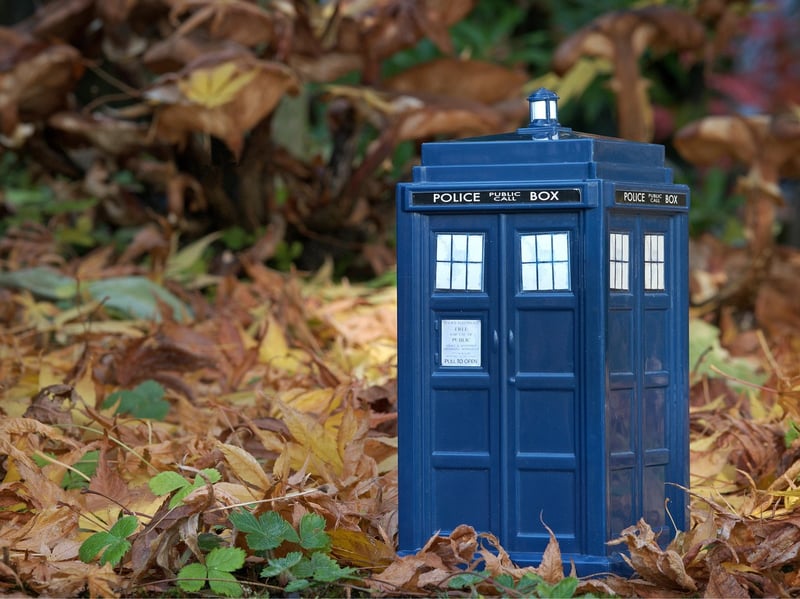Temporal Consequences
The Ethics of Time Travel: Navigating Temporal Consequences
Time travel has long captured the human imagination, with countless works of science fiction exploring the possibilities and consequences of journeying through time. While time travel remains a theoretical concept, the ethical implications of such a technology are profound and far-reaching. In this article, we delve into the complex ethical considerations surrounding time travel and the potential temporal consequences that may arise.
The Grandfather Paradox
One of the most famous thought experiments related to time travel is the Grandfather Paradox. This paradox posits a scenario where a time traveler goes back in time and prevents their grandfather from meeting their grandmother, thus preventing their own birth. This raises questions about causality, free will, and the potential for paradoxes in altering the past.

Ethical Dilemmas
Time travel introduces a host of ethical dilemmas. For instance, if one could travel back in time, should they interfere with historical events to prevent tragedies? Would changing the past lead to unforeseen consequences in the present or future? These questions highlight the moral complexities of altering the course of history.
Temporal Consequences
The concept of temporal consequences refers to the ripple effects that changes in the past can have on the future. Even minor alterations in the timeline could lead to significant and unforeseen outcomes. This underscores the delicate balance of cause and effect across different points in time.

Conclusion
As we ponder the ethics of time travel and its potential temporal consequences, it becomes clear that this hypothetical technology raises profound questions about our understanding of time, causality, and morality. While the allure of revisiting the past or glimpsing into the future is undeniable, the ethical considerations surrounding time travel remind us of the weighty responsibility that would come with such a capability.
Whether time travel will ever become a reality remains uncertain, but exploring its ethical implications serves as a thought-provoking exercise that challenges our perception of reality and the consequences of our actions across time.
